The Future of Phenomics Enabled Biology: Key Takeaways from Phenome 2018
The Future of Phenomics Enabled Biology: Key Takeaways from Phenome 2018
Recorded March 2018
About This Webinar:
In this webinar, Carolyn Lawrence-Dill and Joshua Peschel, members of the Phenome 2018 Organizing Committee, discuss the key takeaways from the February 2018 conference held in Tucson, Arizona.
Phenome 2018 brought together a multidisciplinary community comprising ecologists, engineers, agronomists, computer scientists, and plant biologists. The conference program included preeminent speakers from Asia, Europe, and North America who joined participants in a rich and diverse networking environment designed to foster collaboration, innovation, and the initiation of multi-investigator and multi-institution projects. Phenome 2018 also served as a platform to generate a greater understanding of plants and climate change.
PANELISTS
Carolyn Lawrence-Dill – Associate Professor in the Genetics, Development, and Cell Biology Department Iowa State University.
Carolyn Lawrence-Dill´s work enables the use of existing and emerging knowledge to establish common standards and methods for data collection, integration, and sharing. Such efforts help to eliminate redundancy, improve the efficiency of current and future projects, and increase the availability of data and data analysis tools for plant biologists working on diverse crops around the world.
Joshua Peschel – Assistant Professor in the Department of Agricultural and Biosystems Engineering Iowa State University.
Joshua Peschel conducts research in Human-Infrastructure Interaction, a field of study he founded that focuses on the understanding, design, and evaluation of coevolving smart, sustainable, and resilient infrastructure systems. He broadly defines infrastructure to include agricultural, natural, and urban environments, and his work involves creating new technologies, data sets, and computational models for sensing and sense-making in these three very different but often interconnected systems.
This webinar is free is freely available thanks to the support of the American Society of Plant Biologists
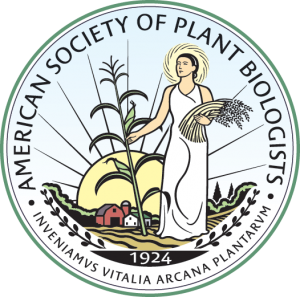
If you would like to sponsor an upcoming webinar please contact community@plantae.org


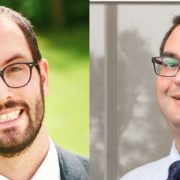
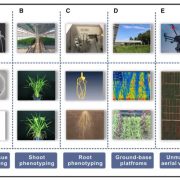
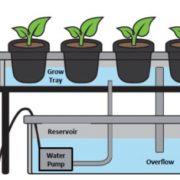
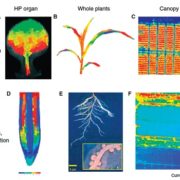
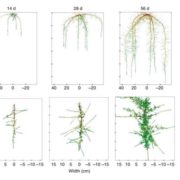
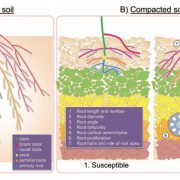


Leave a Reply
Want to join the discussion?Feel free to contribute!